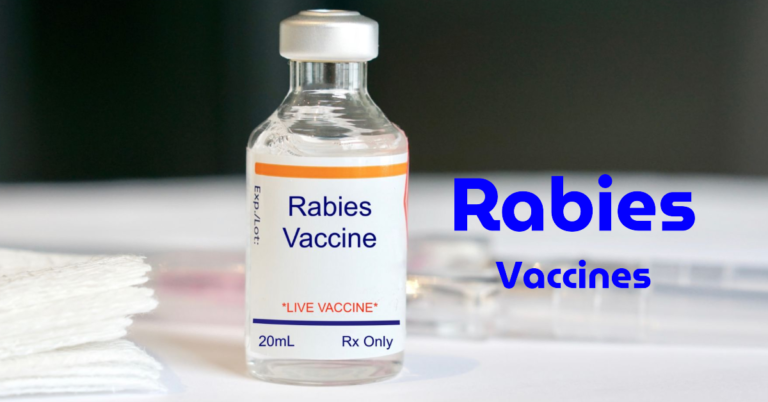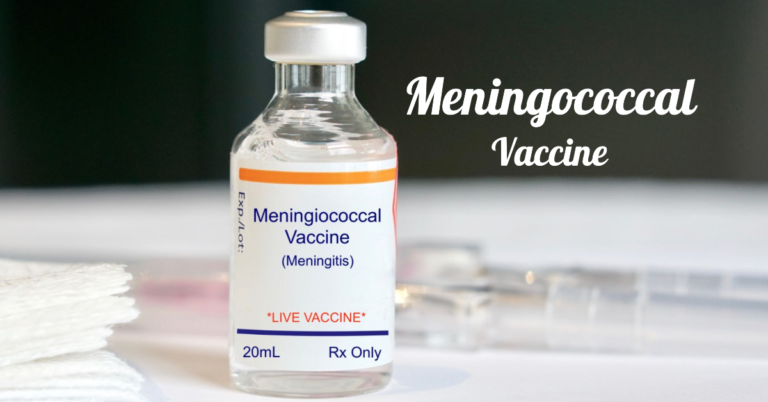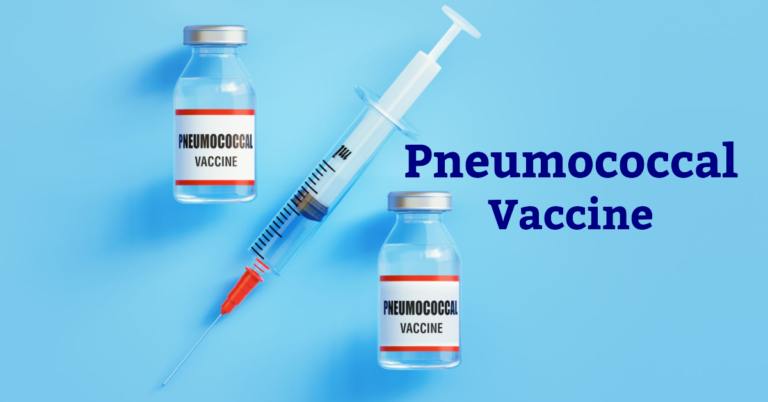Imagine a time not too long ago when measles, mumps, and rubella were common illnesses. These diseases impacted millions around the world and were a looming threat, especially to young children. Today, vaccines like the MMR vaccine have brought these diseases under control. This effort has reduced outbreaks and saved countless lives. However, ensuring lifelong immunity remains a shared responsibility for people of all ages.
Vaccination is not just a personal health choice; it’s a commitment to the health of our entire community. This article explains the importance of the MMR vaccine, why it’s essential for everyone—from infants to older adults—and how to ensure you and your loved ones stay protected for life.
The MMR vaccine, which combines protection against measles, mumps, and rubella, offers long-lasting immunity for all age groups. Vaccination prevents these serious diseases, which can lead to complications such as brain damage, hearing loss, and even death. Here is what you need to know about the MMR vaccine and its role in safeguarding public health.
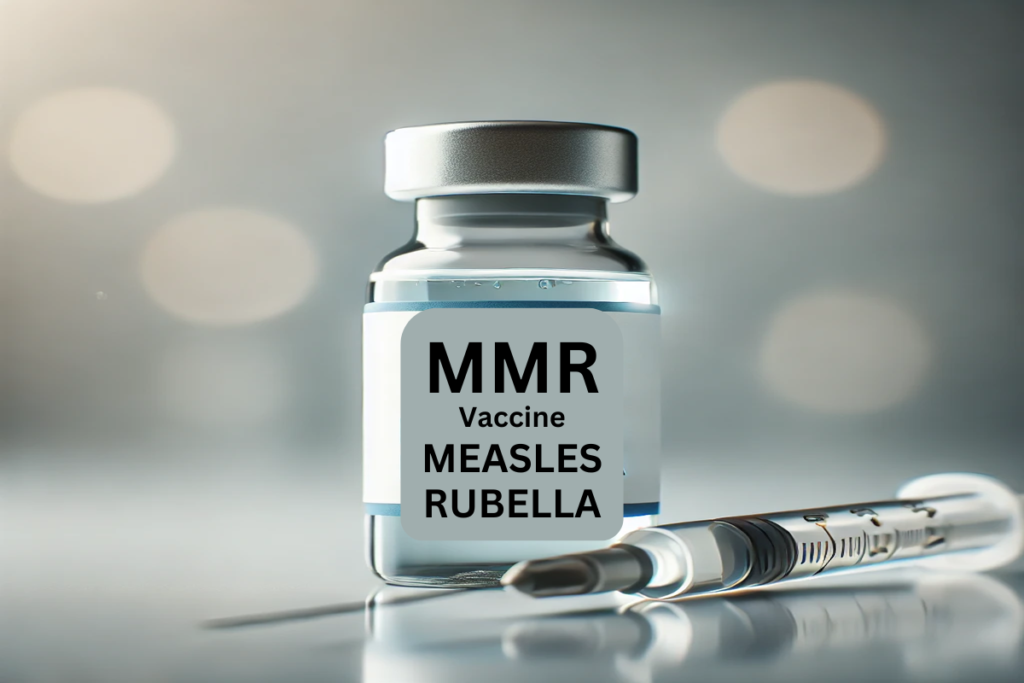
What is the MMR vaccine?
The MMR vaccine is a single shot that offers protection against three potentially dangerous diseases: measles, mumps, and rubella. Here’s a closer look at each disease and why the vaccine is so crucial:
Measles: Known for its highly contagious nature, measles can spread like wildfire in a community. The disease not only causes a red, blotchy skin rash and fever but can also lead to severe complications such as pneumonia, brain swelling, and even death in vulnerable populations.
Mumps: Often mistaken for a mild illness, mumps can have serious consequences. It typically causes swollen salivary glands, which leads to puffy cheeks and jaw pain. However, it can also result in hearing loss and, in rare cases, inflammation of the brain or reproductive organs, affecting fertility in young adults.
Rubella: Although often mild, rubella (or German measles) can be devastating for pregnant women. If a woman contracts rubella during pregnancy, particularly in the first trimester, it can lead to miscarriage or severe birth defects in the baby, known as congenital rubella syndrome (CRS). For more detailed information on rubella risks during pregnancy, check the WHO’s guidelines.
If you’re considering vaccines for yourself or your family, there are helpful guides that explain everything you need to know. For example, this comprehensive vaccine guide on Amazon could be a valuable addition to your family’s health library, covering the MMR vaccine and much more.
Why Lifelong Immunity Matters
Why is lifelong immunity so important? Simply put, diseases like measles, mumps, and rubella don’t just affect one person—they can affect entire communities, especially if herd immunity is compromised. For example, measles remains one of the most contagious diseases on the planet. Even a single case in a community with low vaccination rates can lead to an outbreak.
Having lifelong immunity means that you, as a vaccinated person, are part of a larger protective shield for society. This is especially critical for those who can’t be vaccinated, such as infants too young for the vaccine or individuals with weakened immune systems.
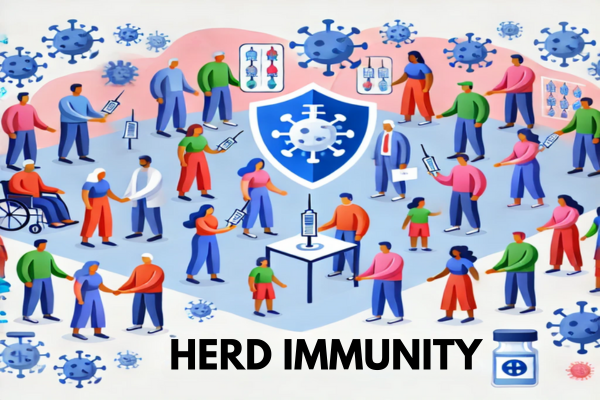
By staying immune, you reduce the chances of these diseases resurfacing and harming those who are most vulnerable. Herd immunity is achieved when a high percentage of the population is vaccinated, protecting even those who cannot be.
In essence, each vaccinated person helps create a safer environment for everyone. Vaccination is more than a personal choice; it’s a societal contribution to health and safety.
MMR Vaccine Across Different Age Groups
Let’s explore how the MMR vaccine plays a vital role across different stages of life:
- Infants and Children: The MMR vaccine is usually given in two doses—one at around 12–15 months of age and the second at 4–6 years of age. For young children, these vaccines are their first line of defense against potentially life-threatening diseases. As parents, you’re not only giving them protection but also setting the foundation for a healthy future.

- Adolescents and Teenagers: Life gets busy, and sometimes, vaccination schedules get interrupted. If a child missed their early doses, adolescence is an ideal time for catch-up vaccinations. For teenagers, staying up-to-date with the MMR vaccine can be particularly important, especially as they start interacting with wider social groups and traveling for education or work.
- Adults and Older Adults: Some adults might be unsure of their vaccination history or may have never received the MMR vaccine. Adults who work in healthcare, education, or frequently travel internationally are especially encouraged to check their vaccination status.
Catch-Up Vaccination and Booster Doses
Not everyone gets vaccinated on schedule, and that’s okay! The important thing is that it’s never too late to protect yourself. If you’re unsure about your vaccination history, a healthcare provider can perform a blood test to check for immunity. This simple step can reveal whether you need a catch-up dose.
For most people, two doses of the MMR vaccine provide long-lasting immunity. However, certain situations might call for additional doses. For example, people working in outbreak-prone areas or those travelling to regions with low vaccination coverage may need extra protection. Find out more about travel vaccination recommendations from the CDC.

Addressing Common Concerns and Misconceptions
Many people have questions about the MMR vaccine, and that’s entirely normal. Here are some common concerns and the facts behind them:
“Does the vaccine really provide lifelong immunity?”: For most people, yes. Studies show that two doses of the MMR vaccine provide strong and lasting protection against measles, mumps, and rubella.
“Is the vaccine safe?”: Yes, the MMR vaccine has a long history of safe use. Side effects are generally mild, like a sore arm or a low-grade fever, and serious reactions are rare. Vaccination is closely monitored by healthcare authorities worldwide, ensuring it remains safe and effective.
“Can I get the vaccine if I’m pregnant?”: It’s recommended that women wait until after pregnancy to get the MMR vaccine. If you’re planning to become pregnant, check your vaccination status and consider getting vaccinated beforehand to ensure immunity.
Vaccination is one of the greatest success stories in modern medicine, and the MMR vaccine exemplifies that success. Whether you’re an infant receiving your first dose, a teenager catching up, or an adult checking your immunity status, getting vaccinated is a powerful way to stay healthy and protect those around you.
Our health isn’t isolated; it’s interconnected. By choosing the MMR vaccine, you’re taking a simple but significant step toward a world where measles, mumps, and rubella are no longer a threat. Let’s keep building that wall of immunity—one shot at a time, for the health of all ages.


